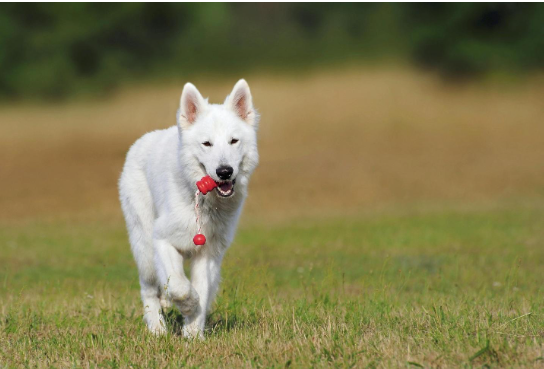Choosing a dog is an exciting decision, but it’s one that should be made with careful consideration. Every breed has its own temperament, energy level, grooming needs, and compatibility with different living environments. Selecting a dog that aligns with your lifestyle ensures a happier experience for both you and your new companion. Whether you’re an active adventurer, a homebody, or a busy professional, understanding what different breeds require will help you make the best choice.
Consider Your Activity Level
One of the most important factors in choosing a dog breed is your daily activity level. High-energy breeds like Border Collies, Labrador Retrievers, and Australian Shepherds thrive in homes where they can get plenty of exercise and mental stimulation. These dogs are ideal for people who enjoy hiking, running, or spending time outdoors.
On the other hand, if your lifestyle is more relaxed or you live in a smaller space, breeds like French Bulldogs, Cavalier King Charles Spaniels, or Shih Tzus may be a better fit. These dogs are generally content with shorter walks and indoor play. Matching your dog’s energy level to your own helps prevent behavioral issues and ensures a more harmonious relationship.
Evaluate Your Living Space
Your home environment plays a significant role in determining which breed is right for you. Large breeds like Great Danes or Bernese Mountain Dogs may struggle in small apartments, while smaller breeds often adapt well to compact living spaces. If you have a yard, it opens up possibilities for more active breeds that benefit from outdoor play.
Urban dwellers should also consider how often they can take their dog outside and whether their building is pet-friendly. Noise sensitivity, elevator access, and proximity to parks are all factors that can influence your dog’s comfort and behavior in a city setting.
Think About Grooming and Maintenance
Grooming needs vary widely across breeds, and it’s important to choose a dog whose coat care fits your lifestyle. Long-haired breeds like Golden Retrievers or Afghan Hounds require regular brushing and occasional professional grooming to prevent matting and maintain coat health. Short-haired breeds like Beagles or Boxers are lower maintenance but still benefit from routine care.
If you prefer to leave grooming to the professionals, look for reputable services in your area. For example, dog groomers in North Raleigh offer specialized care for a variety of breeds, helping you manage coat maintenance, nail trimming, and skin health. Regular grooming not only keeps your dog looking good but also contributes to their overall well-being.
Assess Temperament and Social Needs
Temperament is another key consideration. Some breeds are naturally more independent, while others crave constant companionship. Breeds like Poodles, Golden Retrievers, and Labrador Retrievers are known for their friendly and social nature, making them great for families or individuals who spend a lot of time at home.
Conversely, breeds like Basenjis or Chow Chows may be more reserved and better suited to owners who appreciate a quieter, more low-key relationship. If you have children or other pets, look for breeds known for their patience and adaptability. Early socialization and training are essential, but choosing a breed with a temperament that matches your household dynamic sets the stage for long-term success.
Factor in Time Commitment and Training
All dogs require time and attention, but some breeds demand more than others. Intelligent breeds like German Shepherds, Dobermans, and Border Collies excel in training but need consistent mental stimulation to stay engaged. Without it, they may become bored and develop unwanted behaviors.
If your schedule is tight, consider breeds that are more independent or easier to train. Breeds like Boston Terriers or Greyhounds are generally low-maintenance and adapt well to moderate activity levels. Regardless of breed, investing time in early training and establishing routines helps build a strong bond and ensures your dog understands expectations.
Conclusion
Choosing the right dog breed is about more than appearance—it’s about finding a companion whose needs and personality align with your lifestyle. By considering factors like activity level, living space, grooming requirements, temperament, and time commitment, you can make an informed decision that leads to a fulfilling and lasting relationship. A well-matched dog brings joy, companionship, and balance to your life, making the effort to choose wisely well worth it.

